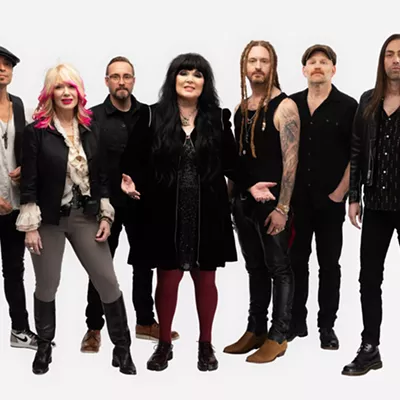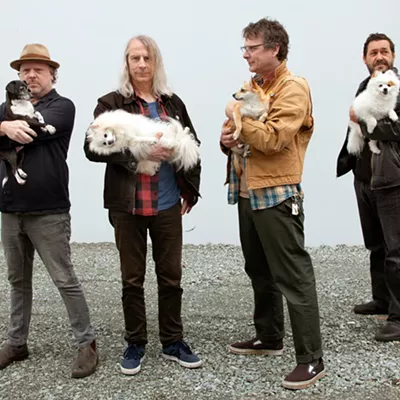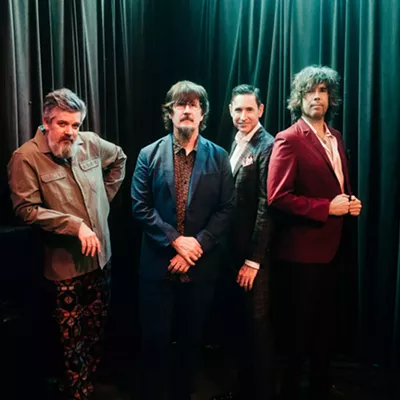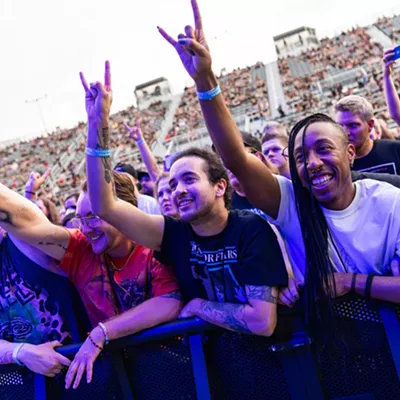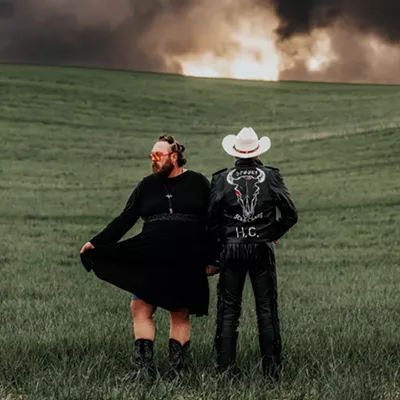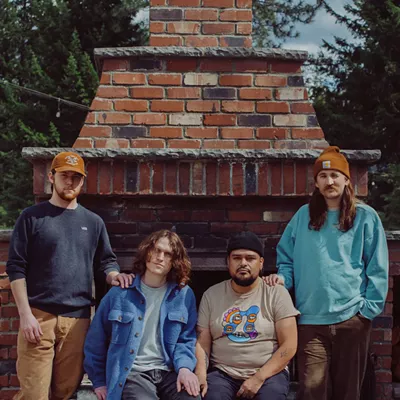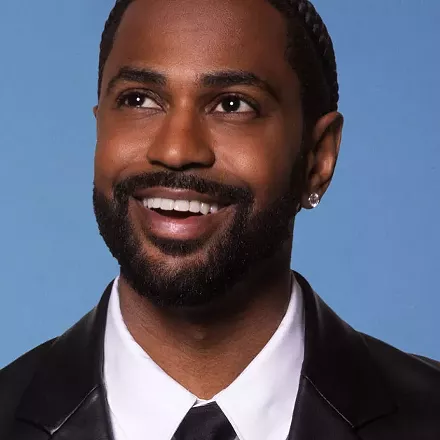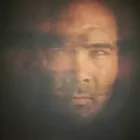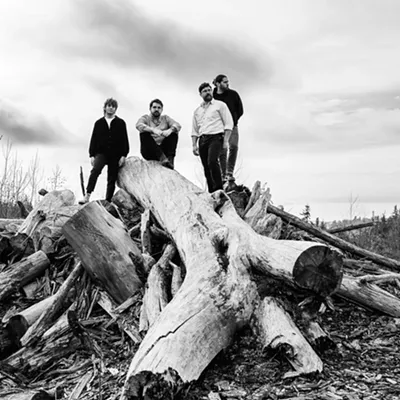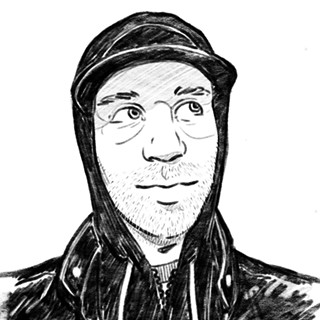Most local music scenes that end up breaking nationally feature music deeply rooted in the DNA of their cities. Seasonal depression and geographic isolation fueled the angst of Seattle grunge. Motown needed to emanate from a working-class city like Detroit — its efficient production formula almost mirroring the auto assembly lines — at a time when society was ready (even if still resistant) for the Black sounds of soul and R&B to go mainstream. It made sense for punk to bubble up in New York City in the '70s, when the city was seedier and the glamor and polish of mainstream disco needed a counterpoint.
But finding that inherent civic connection to sound has become more difficult in the fragmented, internet age musical landscape, which might help to explain outliers like the Silver Lake rock scene in Los Angeles in the early 2000s.
A somewhat divey scene for the cool young folks who'd soon be branded hipsters, it's not hard to look at the bands that arose from it as somewhat of a hodgepodge. Centered on venues like the Silverlake Lounge and Spaceland, the scene's proverbial foundation was laid by Rilo Kiley and the late Elliott Smith, but perhaps no band unintentionally captures the nebulous nature of that Silver Lake scene quite like Silversun Pickups.
"In the time that we were sort of birthed in the clubs around Los Angeles, the area that we found ourselves in was that the only thing you had to sort of be was just a little left to center. Just be a little different," says lead singer/guitarist Brian Aubert. "It wasn't really a scene of style. In that scene, though, there were things that would rise and fall.
"We would always be the band opening for things," he continues. "When we started, these guys would be wearing cowboy hats, and we'd open it. Then a year later, those bands would fall and the bands had baseball hats, and we'd open. And that would fall apart, and then they'd have keytars and '80s hairdos, and we'd open. But our fellowship in a weird way was really about music appreciation, not about style. So we find ourselves playing with them — singer-songwriters that were just really quiet or hardcore bands and stuff. It was really awesome."
Fittingly, it's also not easy to pin down Silversun Pickups' sound. It's a blend of alternative rock styles that allow the band to play with just about everyone while never being part of a bigger musical movement — not many (any?) other bands can be an opener for the spacey anthemic arena rock of Muse and also tour with hard punks like Against Me!. At times the group leans heavily on a wall of shoegaze noise, but it also has an incredibly catchy melodic knack. Partially based on Aubert's voice and the ability for the band to seamlessly transition between the heavy and beautifully light sounds, sonic comps to a less pretentious version of Smashing Pumpkins often seem fair but still somewhat lacking. Whatever the exact formula is, it clicked pretty early on.
"Lazy Eye" — the first single from the band's 2006 debut LP Carnavas — cracked the Top 5 on Billboard's Alternative Airplay charts. It marked the first of 18 total singles to crack that chart, including "Panic Switch," "We Thought Out Twinkles," "The Pit," plus "Scared Together" and "Empty Nest" from SSPU's latest album, 2022's Butch Vig-produced Physical Thrills. SSPU also hit at just the right time to sort of be sandwiched between the start of music's digital age and today's streaming wasteland.
"We got in where it was all so wild west-y and rumbling. The bands that we started to meet that were in the world before us were pretty dour," Aubert says. "And we were just like, 'What are you talking about? Whatever, this is wild. What are we doing here?' We didn't know any different. And it has wildly changed even since we got in. But I feel that things haven't really changed for us ever, really. We've always been kind of a blue-collar band. We've always been super independent and had a very small team around us. We kind of just do whatever we want."
That freedom in part comes from Silversun Pickups releasing its last three albums independently on its own record label, New Machine Recordings. But being in your own world sometimes feels like... well, being alone in your own world. And while that can be fun, it can also be isolating.
"We don't even know what's happening. We love music, but we're not really that current on like what's... poppin'! [Laughs] It's irrelevant to what we're doing. It's weird that people listen to this crazy thing that we do," Aubert says. "But when we play festivals, that's when we realize, 'Oh! OK! That's what's happening? Well... we'll just be over in the corner.' So we do feel removed from things a lot — which can be lonely, but also lucky that we never lived and died by a scene. We never rose by anything... but we never were killed by it either."
There's virtue to being a band that somehow never feels totally out of place. While it might make the members of Silversun Pickups feel slightly adrift in the musical milieu — the inability to be pigeonholed is something most artists strive for but never fully reach. It allows for the band to operate on its own terms more than many of its contemporaries. And if Aubert can drive home one point to other bands trying to do something similar, it's to avoid acting too cool to be open to a wide range of opportunities.
"Early on, we were like, 'We got we gotta say, "Yes."' Because if we control our own destiny to the point of just being worried about so much stuff, we're going to just 'No' ourselves into a f—-ing hole," Aubert says. "We gotta just say 'Yes,' and then go, 'OK, that's not for us.' By doing that, it really opened us up to a lot of experiences that we never would have had.
"Once you get used to doing that, you get a little armor, I think. Because everyone is insecure, and there's a certain way you can carry it, but immediately trying to break through our timidness was very helpful for our ability to be around as long. I think the only way for us to really know what we don't want is by having said 'Yes.'" ♦
Silversun Pickups, Hello Mary • Sun, Feb. 18 at 8 pm • $35 • All ages • Knitting Factory • 919 W. Sprague Ave. • sp.knittingfactory.com




